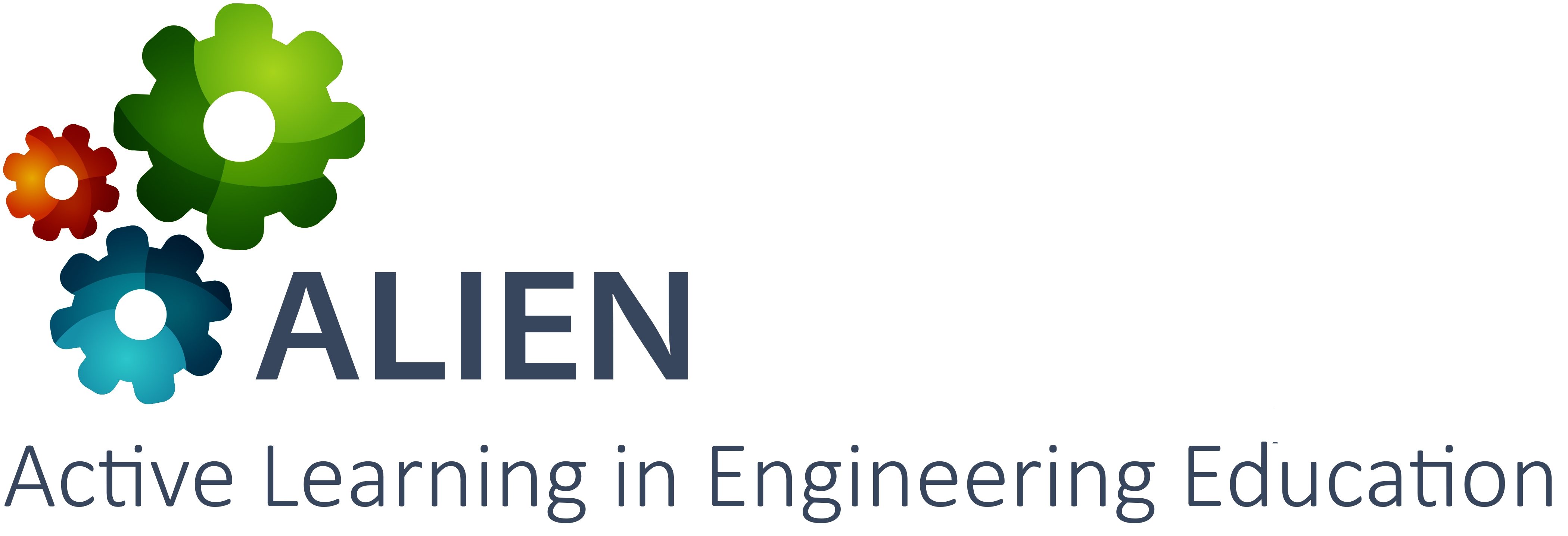 Course description
Course description
The course focuses on the design and implementation of digital games and covers subjects that include: what is the definition of games and play, characteristics of digital games, game taxonomies and game genres, understanding different groups of users, designing a game concept, elements of game worlds, designing a game story, designing game characters, what are the core mechanics of games, typical game dynamics and the experience of users, game balancing, elements of chance, characteristics of on-line games, creative play, marketing principles, and more. This is an applied course that aims to show how IT is deployed in diverse industries, in this case the digital game industry.
Description of participants
The course is an elective in the 4th year of undergraduate studies at the Department of Electrical and Computer Engineering of the University of Thessaly. 130 students are enrolled in the course.
Timeframe
Spring 2020.
Description of active learning activities
The course is balanced between theory and practice. A significant part of the course work is the design and implementation of a digital game. Upon completing the course the students are able to apply game design principles to implement further games and applications. The course has a weekly laboratory work that takes place in the computer labs of the Department of Electrical and Computer Engineering. At the beginning of the course students follow tutorial examples as well as practical presentations of the functionality of popular game design platforms, such as Unity. Upon completion of this segment of the work, which spans a couple of weeks, students use the lab to design and implement their own games in teams. During lab sessions students have the opportunity to collaborate with their peers towards game implementation, to get help on technical questions, and to receive guidance for a smooth implementation.
The games that students develop have a theme each year. In the current academic year the focus is learning games for engineering higher education, although students have the option of selecting a different target group.
Before implementing their game students are called to present their game concept in class and receive feedback from their peers. At the end of the course students demonstrate in class their working games.
Some of the game ideas introduced by students include:
- Mathematics game in the form of platform games that include quizzes
- Games that promote hand-eye coordination
- Puzzle games that promote critical thinking
- Strategy games
- Games for managing emotions such as grief
- Games that challenge players to solve a mystery by putting together bits of information that they discover
- Adventure games
- And more …
The most successful games that are well linked to educational objectives are published through the ALIEN platform and are made public for al to use.




